The International Peace Research Initiative (IPRI), initiated in 2018 at the National Institute of Advanced Studies (NIAS), is part of the Conflict Resolution and Peace Research Programme. IPRI pursues peace research as an independent discipline outside the conflict and security studies. The initiative aims to create a niche in peace research in developing countries and bring policy-relevant discussions through scholarly publications, young capacity-building, academic outreach and 'peace networks.'
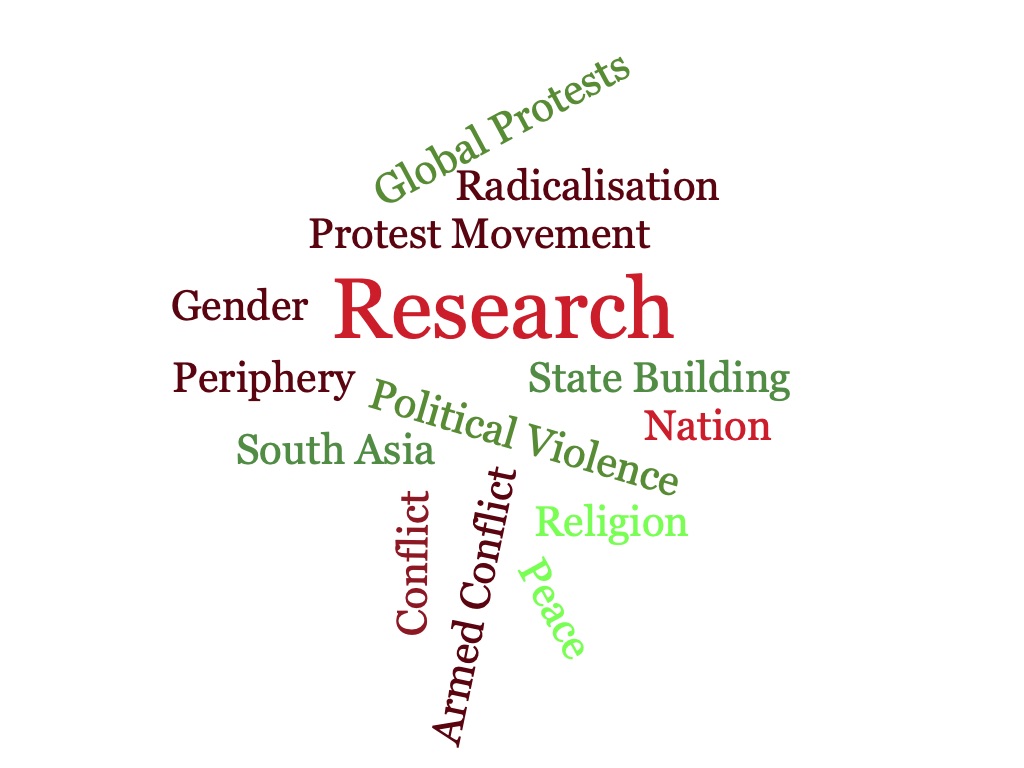
IPRI undertakes research on varied issues affecting a peace process every year. Of particular interest are issues like radicalisation, sustainable peace, gender roles in peacebuilding and global protest movements. IPRI has led discussions in identifying the types, causes and consequences of radicalisation on groups, individuals and the State. While focusing on peace processes, the initiative has aimed to question the rationale of each process with special reference to South Asia. Confounded with a new trend across the world, IPRI has presently dedicated itself in understanding the political protests and mass movements from Chile to Hong Kong.
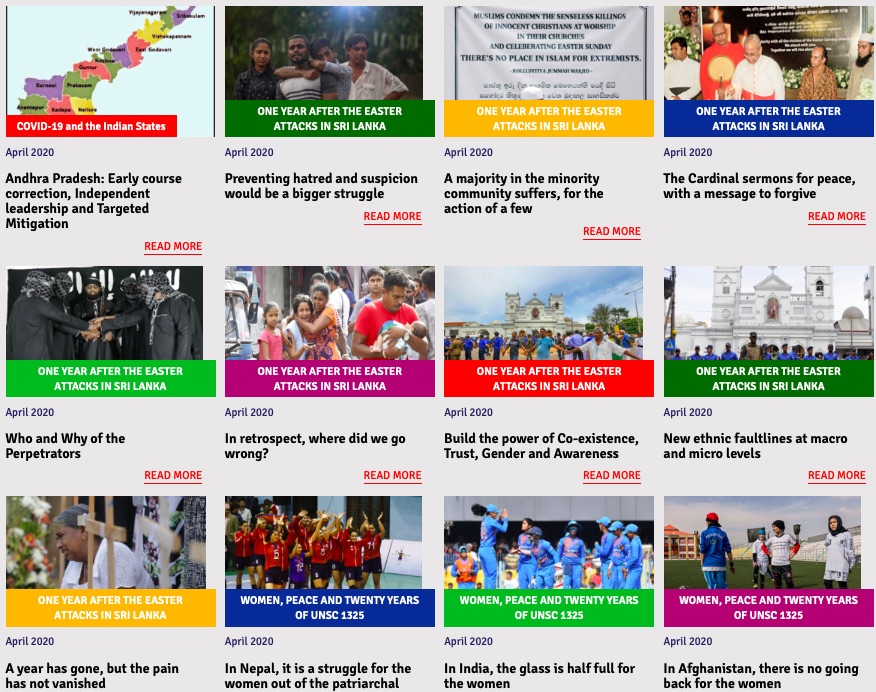
The research by IPRI is regularly published as Briefs, Comments and Alerts. While the "IPRI Brief" of 1,500 words focuses on contemporary matters relating to human security and political conflicts, the "IPRI Comments" are short analysis of timely yet evolving conflict events. By monitoring potential conflict situations and peace deals, IPRI brings to the academic community periodic early warning analyses as alerts. The alerts aim to identify the sustainability of a current peace and conflict transformation processes at the earliest. The initiative also publishes "Special Series" by inviting experts to write on pertinent peace and conflict issues. IPRI has published series on the Sri Lankan Easter attacks, impacts of COVID-19 pandemic in federal states in India and 20 years of UNSC Resolution 1325.
The Conflict Weekly, a joint initiative by the IPRI at NIAS and The Konrad-Adenauer-Foundation (KAS) India Office, is an academic endeavour to bring every Wednesday a weekly analysis of the conflict and peace processes by tracking and interpreting issues across the world. In terms of focus areas, the Weekly covers issues pertaining to political, environmental, border and ethnic conflicts, gender issues, protests movements, minorities, migration, refugee, inequality, human right issues, peace processes and peacebuilding. The Weekly is published by a team of young scholars from IPRI at NIAS.
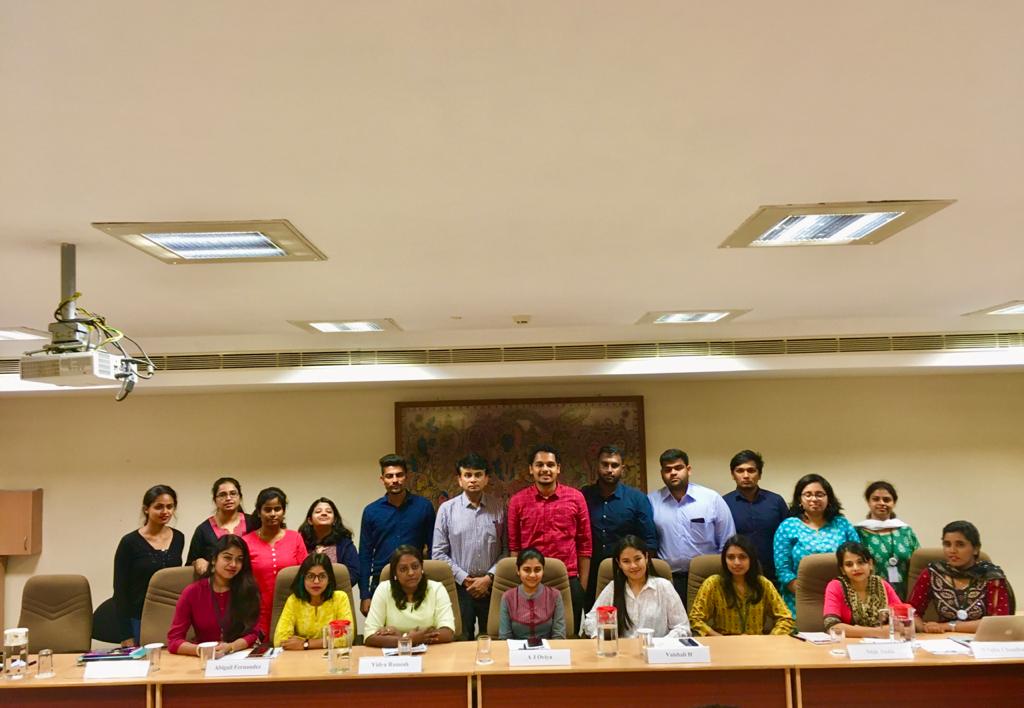
The scope of peace research expands when one starts young. IPRI believes in capacity-building and creating young peace researchers' networks for undergraduate and graduate scholars. With this aim, IPRI has conducted the Armed Conflicts and Peace Processes Young Scholars Workshop in 2018 where the discussants (below 27 years of age) focused on political, economic and environmental conflicts of today. Linking the liberal script, IPRI attempted to look at Peace Innovation and Peace Start-Ups as novel concepts in charting a peace plan of action by interacting with young scholars across South Asia in December 2019.
D Suba Chandran is a Professor and Dean at the School of Conflict and Security Studies, National Institute of Advanced Studies (NIAS), Bangalore. He is the head of the Conflict Resolution and Peace Research Programme at NIAS and his primary focus areas are Pakistan, Afghanistan, armed conflicts and peace processes in South Asia. He edits an annual titled Armed Conflicts in South Asia, published by the Routledge/SAGE. He is an Associate at the Pakistan Study Research Unit (PSRU), University of Durham, UK.
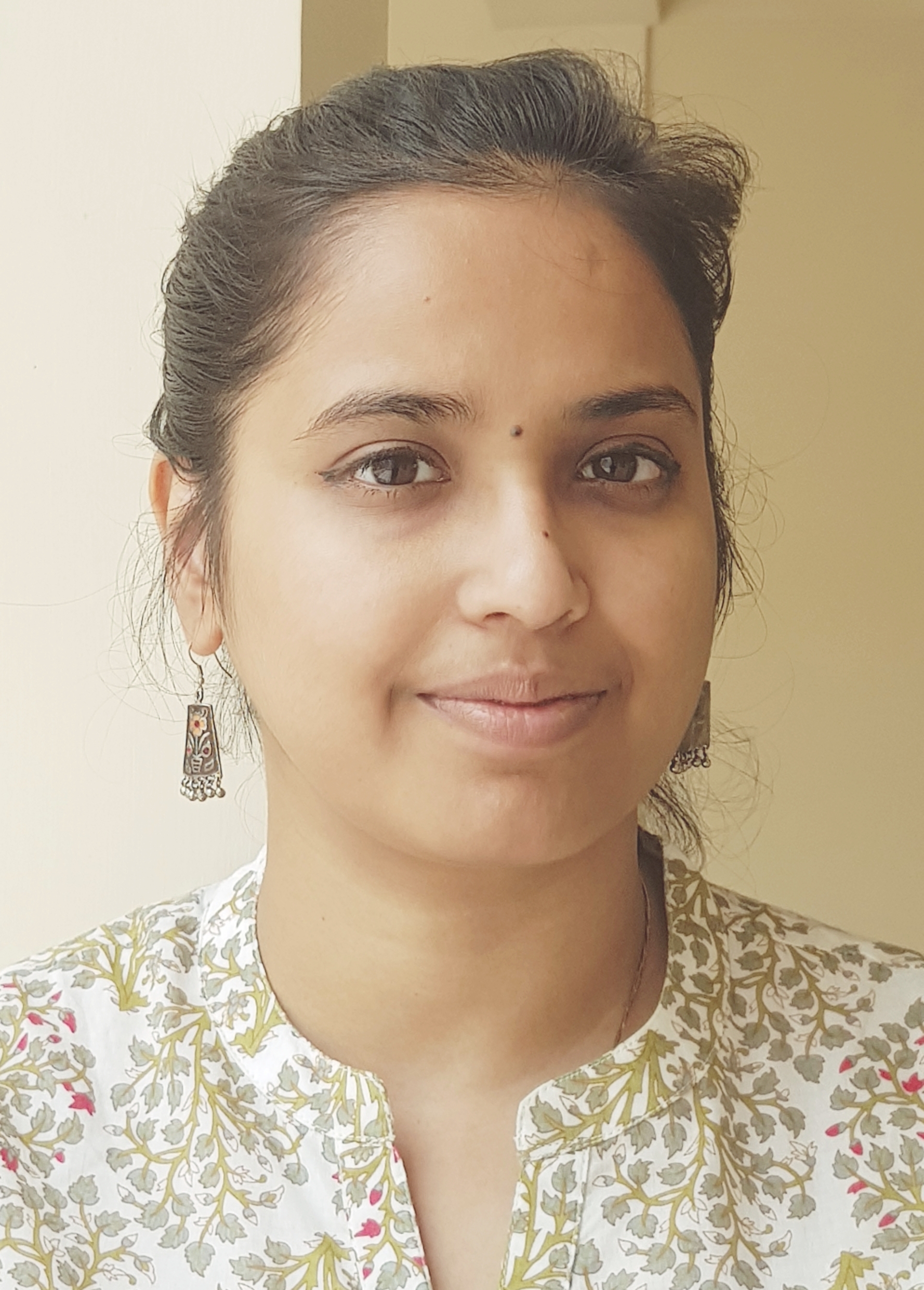
Aparupa Bhattacharjee is currently pursuing her PhD at the School of Conflict and Security Studies at the National Institute of Advanced Studies (NIAS), Bangalore. Her research is focussed on Southeast Asia, primarily Myanmar, Thailand, and Malaysia. In particular, she studies politics, conflicts and peace processes relating to Myanmar, with a special attention on the Rohingya conflict.
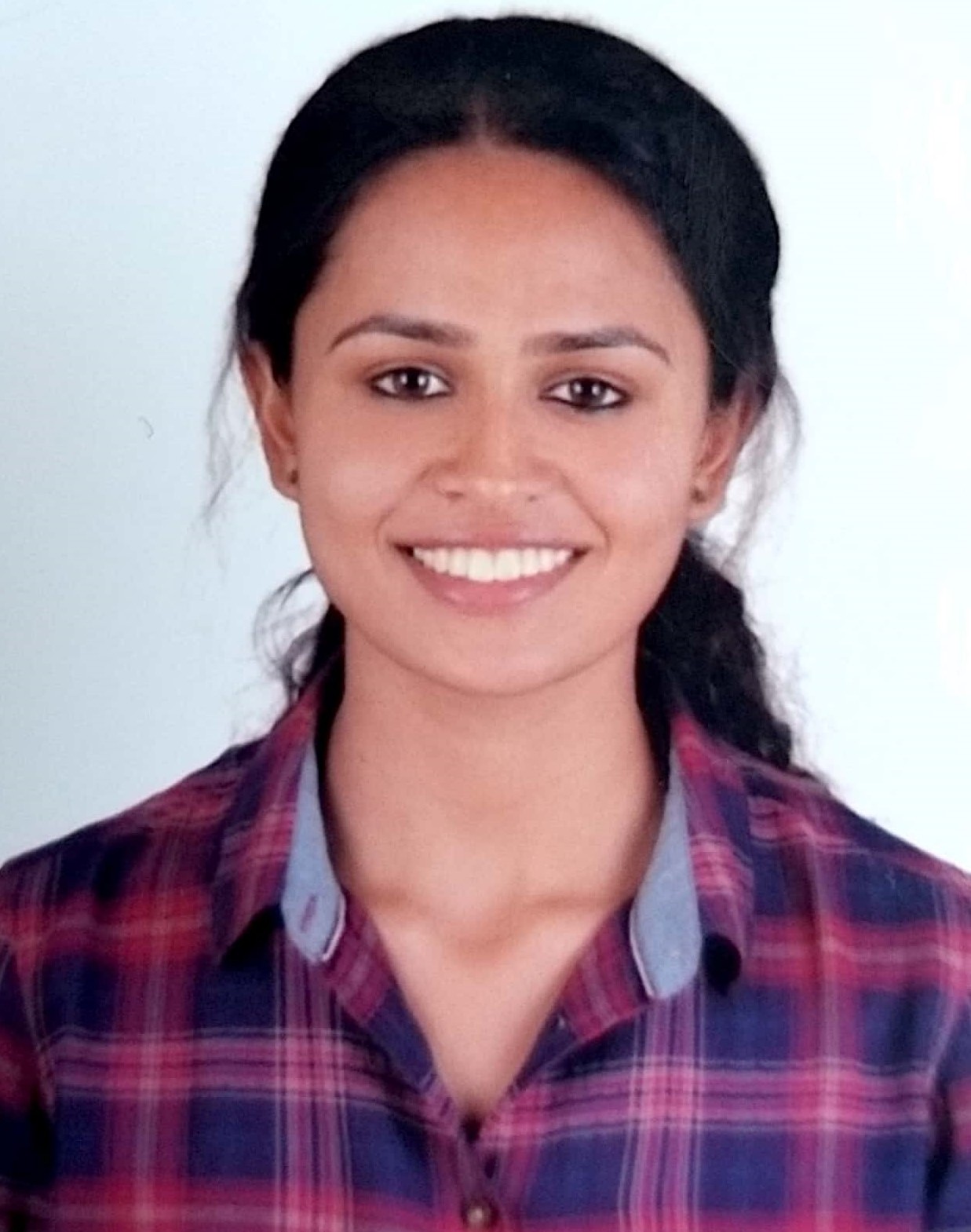
Abigail Miriam Fernandez Project Associate at the School of Conflict and Security Studies at the National Institute of Advanced Studies. Her areas of interest include peace and conflict in Pakistan, Afghanistan, Central Asia and the Caucasus. As a part of her research focus at 'Pakistan Reader' she looks at issues relating to gender, minorities and ethnic movements.

Sourina Bej is a Project Associate at the National Institute of Advanced Studies (NIAS), Bangalore. Her research is focused on disaster management, climate governance and water conflict in South Asia primarily in the Bay of Bengal region. In studying water politics, she has profiled the different anti-dam protests in Northeast India with special reference to Arunachal Pradesh along the India-China border.

Apoorva Sudhakar is a Project Associate at the School of Conflict and Security Studies at the National Institute of Advanced Studies. Her areas of interest include peace and conflict in South Asia and Africa, and human-wildlife conflict. As part of the Pakistan Reader Initiative, she also regularly studies Pakistan’s domestic politics, ethnic movements and security issues.